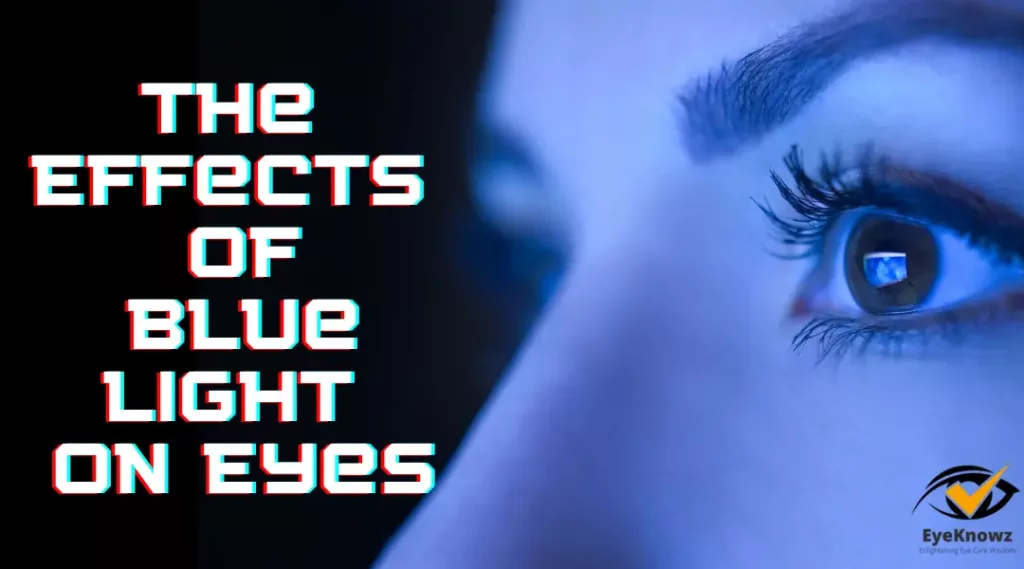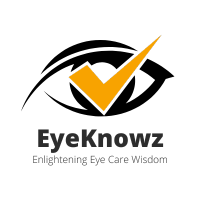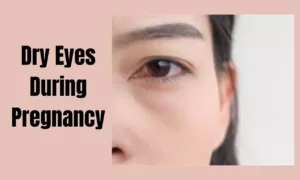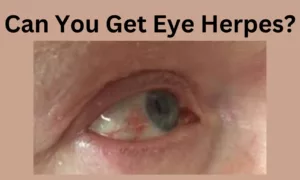Light can be of many colors, and they can be combined to create a light source. Nearly one-third of all visible light is understood to be blue light, and many studies have been done on the effects of blue light on eyes. The light we generally see around us from the sun or light bulbs in our homes appears to be white or yellow. Sunlight comprises red, orange, yellow, green, blue, indigo, and violet light.
What Is Blue Light?
Blue light is a high-energy light ray of a specific wavelength, which is the constituent of the visible light rays we encounter daily, such as sunlight, the largest source of blue light occurring naturally. Other light sources, including blue rays, are emitted from computer screens, LEDs, tablets, televisions, and fluorescent bulbs and lights. Scientists have studied all these sources to ascertain the effects of blue light on eyes.
Benefits Of Blue Light
The benefits of sunlight are known universally; it is a necessary element for average physical growth in human beings and also leads to the production of vitamins in the body. Blue light, specifically a part of sunlight rays, has been proven to regulate the sleep cycle, stimulate the brain, sharpen memory functions, cheer up one’s mood, and enhance happiness. Thus, the effects of blue light on the eyes can be very beneficial. The vision and eyesight of human beings can be impaired if they are not exposed to reasonable amounts of blue light during their growth and developmental phases from childhood to adolescence and youth.
What Are The Effects Of Blue Light On Your Eyes?
The quantity of blue light received from the sun is enormous, and the exposure is very lengthy, as compared to the sources we are accustomed to in our daily Routines, such as computer screens, laptops, tablets, and smartphones, given that the sun shines on us for many hours every day. However, the concern is more significant about these devices, and the effects of blue light on eyes have been extensively studied. We are closer to them and look at these sources directly for long periods without interruptions and breaks.
There is a health concern about the exposure of the human eye to blue light and whether it is safe for the eye to be exposed. Our eyes are naturally built to allow blue light rays to enter almost entirely inside, from the cornea and lens, which constitute the front of the eye, to the retina cells at the eye base, which work with the brain to transform these light rays into images.
It is commonly claimed that smartphones and computers adversely affect eyesight since they emit blue light. However, no proof has been found to support that the effect of blue light on eyes from these electronic devices causes eye damage or leads to eye diseases such as eye cataracts, cancer, macular degeneration, loss of vision, and blindness.
Why Blue Light Is Bad For Eyes?
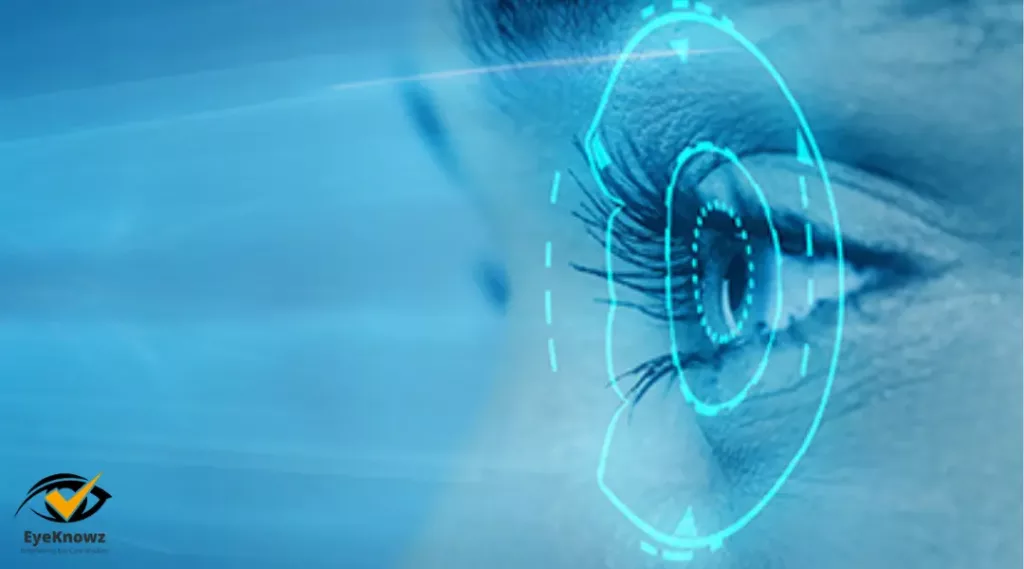
Blue light exposure to the eyes may cause the retina’s shape to change, affecting its function, or the tissue layers surrounding the retina may be damaged. Ironically, and much to the surprise of researchers, sunlight has scientifically been proven to increase the risk of macular degeneration. On the other hand, the effects of blue light on eyes when the source of blue light is electronic devices have not been proven harmful. The research on the hypothesis has yet to bring about conclusive results.
What Is Macular Degeneration?
The macula is the small middle part of the eye retina and controls mainly the sharp, straight-ahead vision of the human eye. Macular degeneration is a condition of the retina that develops with advancing age. A person with macular degeneration experiences a loss of central vision and cannot see the things directly in front; however, they can still see things on the peripheries.
Macular degeneration may affect one or both eyes of a person with differing levels of severity and is most often age-induced. However, younger people can also get macular degeneration, especially if they have a family history or poor health habits. Diabetes, head injuries, infections, and malnutrition are also related causes.
Macular degeneration can go undetected in patients for up to many years. However, the early symptoms include seeing less in dimmer lights, inability to differentiate between different colors and spots in the field of vision, seeing lines as curves, and blurry vision.
How To Protect Eyes From Blue Light?
- Wear special glasses designed for eye protection against blue light
- Reduce the time being spent looking at screens and devices
- Take breaks while using smartphones, computers, and gadgets that emit blue light
Blue Light Blocking Glasses For Macular Degeneration
There are blue light-blocking glasses to prevent the effects of blue light on the eyes and safeguard from conditions like macular degeneration. However, their benefits have only been proclaimed at this stage, and this is still a hypothesis. Studies have not given conclusive proof that wearing these glasses helps people affected with this condition by improving their macular health or sleep quality.
Conclusion
Our exposure to blue light is inevitable since it is a naturally occurring part of sunlight. It is also emitted from gadgets we use daily, such as tablets, smartphones, and computer screens. Sunlight is necessary for the average bodily growth of human beings, and sunlight deficiency is known to cause diseases. When exposure is too high, the effects of blue light on our eyes and our entire bodies can be harmful, especially in old age, leading to skin illnesses and eye diseases such as macular degeneration.
FAQ’s
Does blue light make your eyes tired and hurt?
Blue light blocks the sleep hormone melatonin in our bodies, disrupting the sleep cycle and warding off sleep. Therefore, it can tire the whole body, including the eyes. While , excessive exposure to blue light over time can cause damage to the eye, vision problems, cataracts, and, in very severe cases, can lead to eye cancers.
Does blue light cause macular degeneration?
There is a link between blue light and macular degeneration. Sunlight, which contains blue light, worsens macular degeneration. However, the blue light from electronic devices such as smartphones, computers, and tablets is not proven to affect macular degeneration.
Can you wear blue light glasses for extended periods?
There are no adverse effects of wearing blue light glasses over extended periods. Just like regular sunglasses may be worn for several hours, blue light protection glasses can be worn for extended timeframes.
Does blue light cause skin cancer?
Blue light penetrates deeper into our skin as compared to ultraviolet light. However, it is not known to be a cause of skin cancer. effects of blue light

